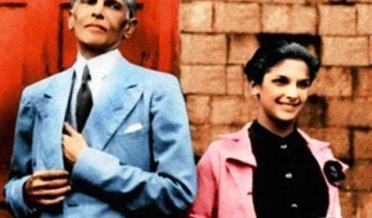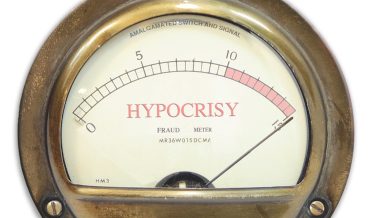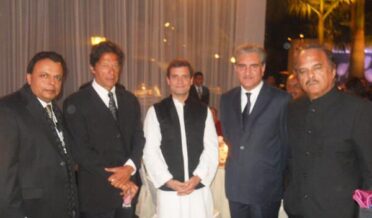
The London High Court has blocked Pakistan from pleading corruption allegations in the famous Reko Diq case in a challenge to an International Chamber of Commerce (ICC) partial award won by the Australian mining firm Tethyan Copper Company (TCC) – ruling that the province of Balochistan can no longer plead corruption allegations against the gold mining giant as the Supreme Court of Pakistan had not based its decision in the Reko Diq on corruption allegations.
The News has exclusive access to the 98-page decision by Justice Robin Knowles. The court ruling by Judge Robin Knowles of the High Court of Justice comes as a setback as Pakistan’s legal team had sought to get the whole case nullified using the Supreme Court of Pakistan’s decision, but the London High Court found that Balochistan opted not to raise the issue of corruption during the international arbitration and in fact did not even allege corruption – while raising the corruption allegations in London High Court.
Balochistan had started claim against TCC in UK High Court on the allegations that TCC paid significant bribes to Pakistan government officials mainly in Balochistan, before and after the joint venture agreement was agreed, to secure the mining deal and in exchange for various “illegitimate benefits” under the agreement.
Rejecting the claim by Balochistan, Judge Robin Knowles ruled that Balochistan forfeited its right to mount corruption allegations to challenge the jurisdiction of an arbitral tribunal adjudicating claims over the Reko Diq gold and copper mines in Balochistan. Balochistan had alleged corruption and also pleaded that the ICC lacked jurisdiction, but the English court ruled that the English arbitration law barred parties from raising issues before the court that were not raised during the arbitration in the same case.
Judge Robin Knowles said in the decision that Pakistan’s reference during the arbitration related to a decision by the Supreme Court of Pakistan finding an underlying agreement to be void wasn’t enough to show that it had raised the corruption allegations before the tribunal.
The English judge in his ruling acknowledged that while Pakistan’s Supreme Court had concluded that an underlying joint venture agreement that led to TCC attempting to secure digging rights was void but Pakistan’s highest court had not based its decision on Pakistan’s claim and allegation that the agreement was secured because of bribes or corrupt practices. Judge Robin Knowles noted that Pakistan’s Supreme Court had made no reference to the allegations of corruption in its decision while declaring the agreement as invalid.
“Descriptions of or references to corruption are insufficient: the question with which the corruption allegation is concerned is whether the Supreme Court of Pakistan found that the [joint venture agreement] and related agreements were void due to the existence of corruption,” Judge Knowles wrote. “In my judgment, it did not.”
The judge noted that Balochistan had enough opportunities to raise the corruption allegations before the international tribunal but it chose not to bring up the issue of corruption and instead chose a different jurisdiction to launch the case.
The judge wrote: “If the province has evidence relating to corruption that was not before the ICC tribunal … then it is for the province to seek to address those matters with the arbitral tribunal; it does not make it legitimate for the province to raise them with the court as a challenge to the jurisdiction of the arbitral tribunal.”
The judge ruled that the province of Balochistan cannot pursue “the corruption allegation because it was not included in the arbitration claim form”. The judge also ruled that Balochistan couldn’t be allowed to amend the arbitration claim form – effectively rejecting Balochistan’s case.







